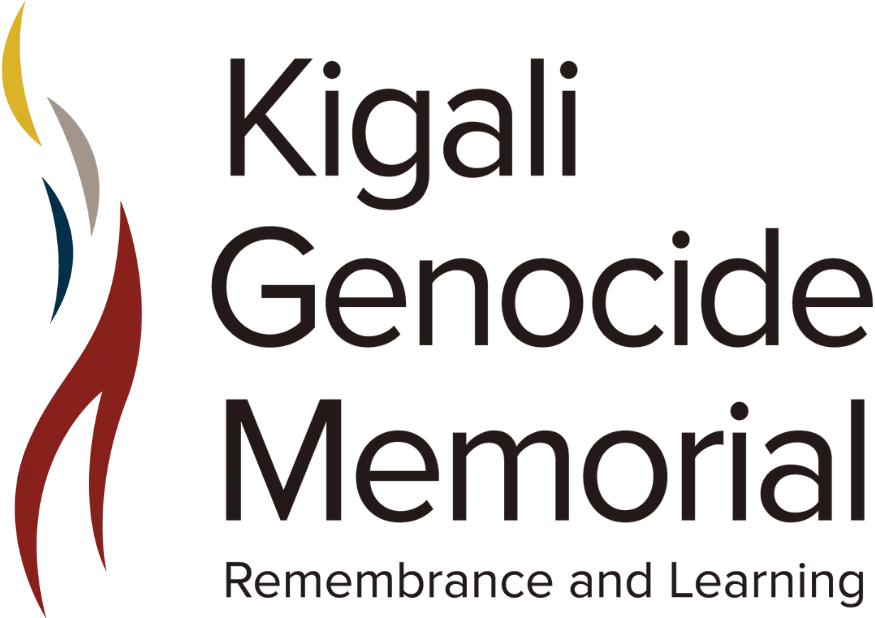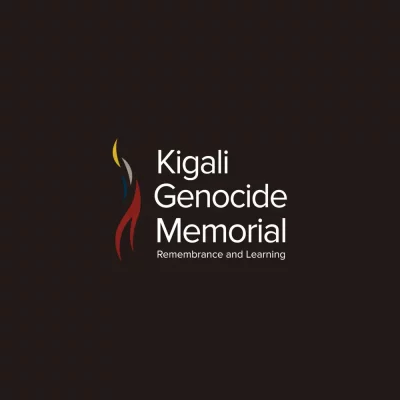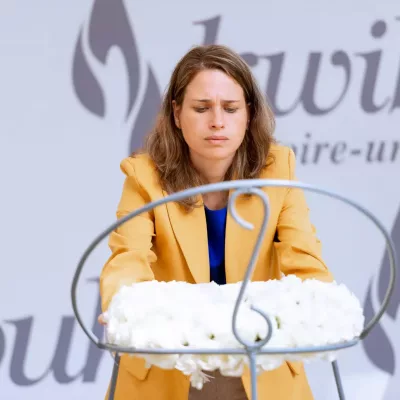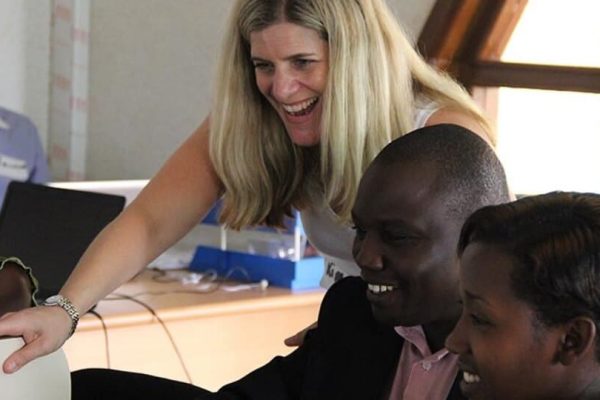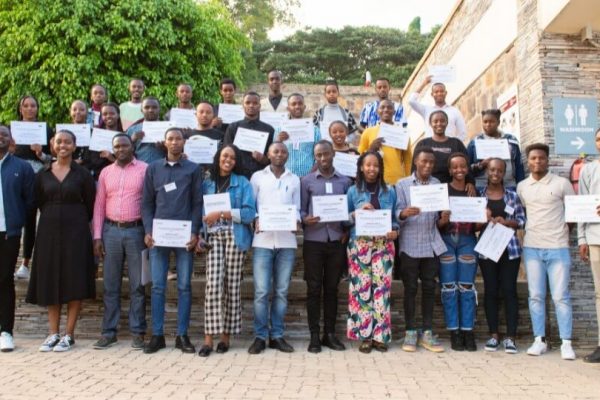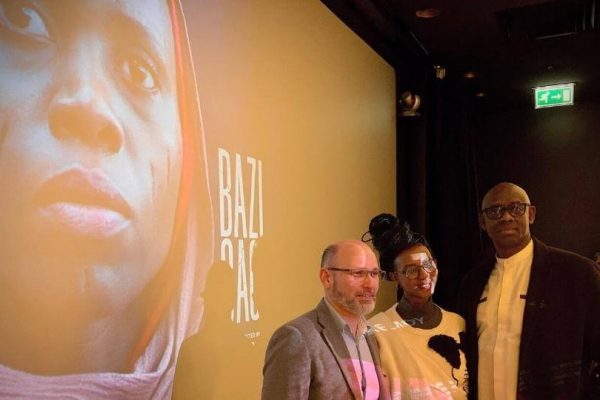The Kigali Genocide Memorial has run a one day workshop on peace building with a group of 30 refugees from Burundi. The workshop was part of the Great Lakes Peace Dialogues, a flagship programme of the Mustard Seed Institute.
The programme brings together people from Rwanda, Burundi and eastern DR Congo to discuss and debate issues of security, stability, co-operation, reconciliation, peace and development.
The memorial team facilitated the young participants to debate peace, tolerance and reconciliation and how to build a society without division, discrimination, hatred and one free from the ideologies that can lead to genocide.
Through workshop, they learnt about the steps that lead to violence (the Continuum of violence) as well as how to foster peace (the Continuum of Benevolence). After going through the training, the participants said they learned many lessons from Rwanda’s experience including the factors that led to the Genocide against the Tutsi, its consequences and how the nation was rebuilt. They said this will help them better understand their past in a way that supports moving forward, promoting personal responsibility and values for unity and social cohesion.
“When you know where you are from, you can better prepare where you are going. I found the workshop beneficial in understanding my past. I hope to use these lessons when I return home and it will be a stepping stone for me as an active citizen with a vision to foster change,” said King Kezimana, one of the participants.
Vanessa Muhiteka, expressed appreciation to the organisers and trainers for inspiring her to become a champion for humanity and an ambassador for peace within her community. She said she has realised that if Rwandans managed to unite after the Genocide, it is possible for Burundians to work together for positive change.
“I have a thirst and hunger to share the knowledge and experience from this workshop to promote unity and sustainable peace amongst young people and in our communities in general. I urge fellow participants to hold on to what unite us rather than what can divide us. The spirit of “Ndi Umunyarwanda” (I am Rwandan) should be our model to know that we are all Burundians despite differences with ethnic backgrounds, religions, views and perspectives,” Vanessa said.
Appolon Gahongayire, one of the memorial’s peace education facilitators, said that it is important for young people to learn from Rwanda’s experience as a nation that has gone through a horrible past:
“Though we don’t yet know when the crisis in Burundi will end, it is important for these refugees to learn how they can live in harmony with one another whether in Rwanda or once they go back home. They have shown interest in receiving more advanced training on peace education to be able to train others and this is a good sign that the knowledge acquired here had an impact on their lives and they want to be peace builders in their communities.”
Giving his closing remarks, Jean Nepo Sibomana, Co-founder of the Mustard Seed Institute, thanked the Aegis Trust and Kigali Genocide Memorial for hosting and sharing knowledge and skills with the Burundian refugees. He also urged the participants to be willing to change themselves before wanting to change others.
“When you change first, it will be easy to bring change to others. You need to have faith in humanity because once you lose it you cannot restore it in others.”
Jean Nepo concluded by saying that he hopes the participants will work hard to break the cycle of violence and insecurity including the continual propagation of genocide ideology in their country and the region at large.
